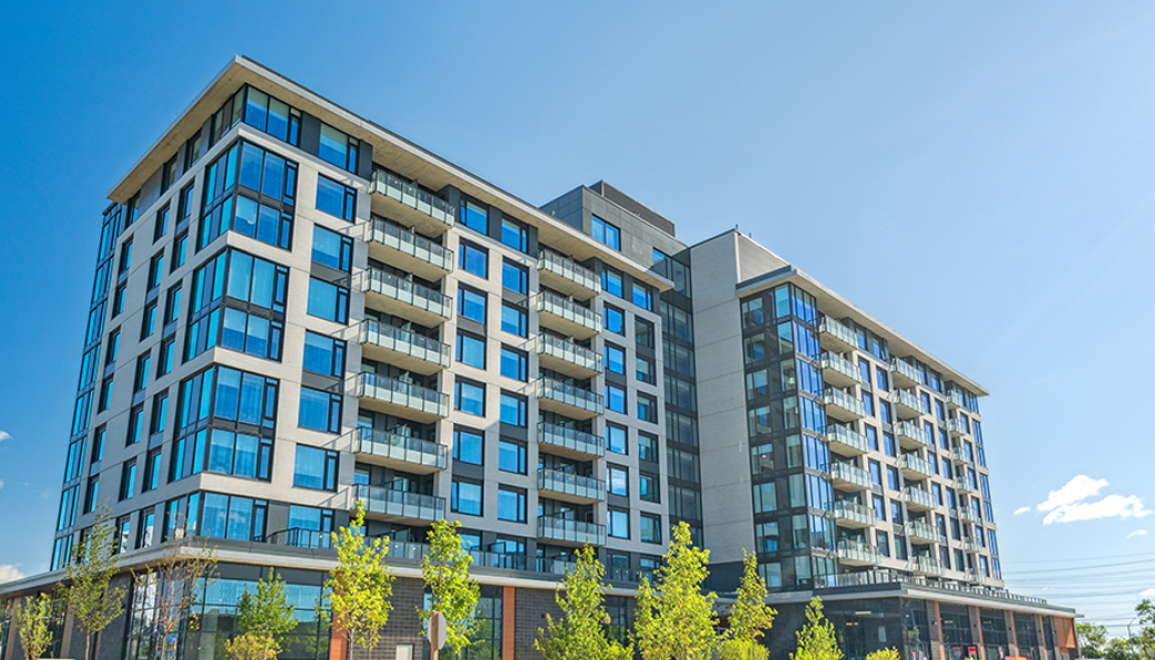
Ottawa Landlord Responsibilities Under the Residential Tenancies Act
February 04, 2026
Depreciation Enhances Tax Efficiency: By allocating the cost of a rental property's structure over its useful life, landlords can reduce taxable income, leading to potential tax savings.
Land Value Is Non-Depreciable: Only the building and qualifying improvements can be depreciated; land itself is not subject to depreciation.
Maintain Accurate Depreciation Records: Keeping detailed records of depreciation schedules ensures compliance and maximizes tax benefits over time.
Consult Professionals for Optimal Results: Engaging with tax professionals can help navigate complex depreciation rules and optimize financial outcomes.
Property depreciation can affect your bottom line. At Rent in Ottawa Property Management, we know that taking a comprehensive approach is key to long-term success.
Understanding how depreciation works can help you save on taxes, make better investment decisions, and protect the long-term value of your property.
Just as important is selecting the right tenants. Conducting thorough tenant screening helps reduce risks, ensures steady income, and supports the overall stability of your rental business
It's one of those financial tools that often gets overlooked but can have a big impact on your rental business. Keep reading to learn more!
What is Depreciation?
Depreciation is the gradual loss of value of a physical asset over time. In the context of rental properties, it refers to the wear and tear that naturally occurs as the building gets older.
The Canada Revenue Agency (CRA) allows landlords to deduct this reduction in value from their rental income, which lowers their overall tax bill.
But here’s an important distinction: land itself does not depreciate. Only the building or structure on the land is subject to depreciation. This makes it essential to separate the cost of the land from the building when calculating depreciation.
Why Does Depreciation Matter to Landlords?
Depreciation is more than just a line on your accounting spreadsheet; it’s a useful tax-saving strategy. When you claim depreciation, you reduce the amount of taxable income you report. This can lead to thousands of dollars in savings over the years.
Let’s say you earn $20,000 in rental income but claim $5,000 in depreciation. Now, you only pay taxes on $15,000. That’s a significant difference.

Depreciation can also impact your property’s adjusted cost base (ACB). The more depreciation you claim, the lower your ACB becomes.
This can affect how much capital gains tax you pay when you eventually sell the property. So while it saves you money each year, it may increase your tax burden upon sale.
How to Calculate Depreciation in Canada
In Canada, the CRA allows landlords to claim depreciation using the Capital Cost Allowance (CCA). The CCA is a percentage of the capital cost of the building, applied annually.
Rental properties usually fall under Class 1, which allows a 4% CCA rate on a declining balance basis. That means you can claim 4% of the remaining value each year, not 4% of the original purchase price.
For example, if the building portion of your rental property is valued at $300,000, you can claim $12,000 in the first year (after applying the half-year rule, which limits first-year claims to 50%). The next year, you claim 4% of the remaining balance, and so on.
Remember that you must elect to claim the CCA; it’s not automatic. And once you start, you must be consistent. Skipping a year means you lose the deduction for that year.

Understanding the Half-Year Rule
The half-year rule is an important concept when it comes to depreciation. It says that in the year you acquire the rental property, you can only claim CCA on half of its value.
This prevents property owners from buying a property near the end of the year and claiming a full year’s worth of depreciation.
So, if you buy a property worth $300,000 (building portion only) in August, you can only claim Capital Cost Allowance on $150,000 for that year.
This rule can affect your tax planning, especially if you’re buying a property in the second half of the year. It’s always wise to talk to an accountant or property manager to understand how the timing of your purchase affects your tax position.
Should You Always Claim Depreciation?
It may seem like a no-brainer to claim depreciation every year, but that’s not always the case. There are situations where it might be better not to claim it.
As mentioned earlier, claiming depreciation lowers your property’s adjusted cost base. This means when you sell, you could end up paying more in capital gains tax.
If you plan to sell in the near future, you might want to skip or minimize your CCA claims to reduce your tax hit later.

However, if your goal is long-term cash flow and you’re not planning to sell anytime soon, taking advantage of the yearly tax deductions could be the smarter move.
The best decision depends on your financial goals, your property’s appreciation rate, and your tax situation.
It’s also important to work with professionals who can help you navigate these decisions, write a good property listing, and manage your rental effectively.
Consulting with a financial advisor or a property management company that specializes in rental properties can make a big difference.
Capital Gains and Recapture
When you sell your property, the CRA requires you to "recapture" the depreciation you’ve claimed over the years. This is called recaptured CCA, and it’s considered regular income, not a capital gain.
This means you could owe a significant amount of tax if your property has appreciated and you’ve claimed a lot of depreciation. In addition, you’ll also pay capital gains tax on any increase in the property's market value above the original purchase price (minus expenses).
Knowing this, it’s important to plan ahead. Work with professionals who can help you strategize your claims, prepare for tax time, and explore ways to reduce your tax burden when it’s time to sell.
How Property Management Companies Can Help
Depreciation, tax planning, and capital gains can quickly get complicated. That’s why many landlords turn to professional property management companies for support.
Beyond handling rent and repairs, experienced property managers track your property’s value, income, and expenses.
They provide organized financial reports that make tax season easier and help you stay on top of your investment’s performance. They can also assist with drafting and managing a solid lease agreement, ensuring all terms are clearly defined and legally compliant.
Additionally, they can guide you on what qualifies as a repair versus a capital improvement, which is an important distinction for your depreciation claims.
In short, a good property manager saves you time, reduces stress, and helps you make smarter financial decisions for your rental property.
Bottom Line
Depreciation can seem like an abstract accounting concept, but it has real-world value for rental property owners. It lowers your taxable income, boosts your annual returns, and helps you make smarter decisions about buying, holding, and selling real estate.
Just remember that with tax savings come long-term planning needs. Always consider the impact of recapture and capital gains. And when in doubt, lean on the experts.
If you’re unsure about how to claim depreciation or want help managing your property’s finances, consider working with a professional property management company. They can help you get organized, stay compliant, and maximize your returns.
Work with Rent in Ottawa Property Management, and your rental business will be in good hands.
February 04, 2026
February 04, 2026
This guide helps Ottawa landlords determine t...
November 26, 2025
This article highlights brand new townhomes for rent in Barrhaven, one of Ottawa’s fast...
November 18, 2025
Ottawa Landlord Checklist for 2025
October 02, 2025
September 03, 2025
